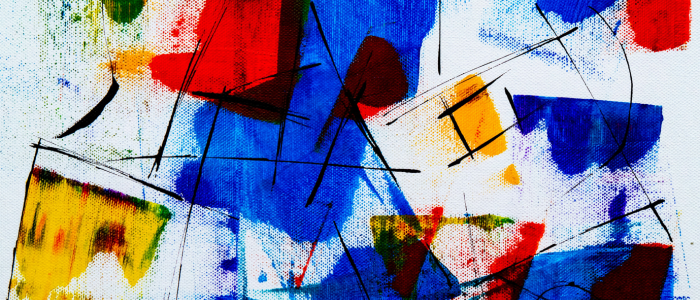'Art and Policy in the Global Contemporary: Examining the Role of the Arts in the Production of Public Policy' (POLART)
POLART examines the relationship between art and policy through a double focus: an investigation of how the arts shape, steer and reform public policy and how, conversely, policy issues alter the contemporary artistic canon and forms of engagement. Our point of departure is that research has so far focused almost exclusively on the role of science and measurement in the production of policy, at the expense of a close examination of how art problematizes the status-quo, questions well-trodden paths, and offers empathetic, gender-just and imaginative ways of dealing with social problems. Although the relationship between art and policymaking is vastly under-explored, the arts have always been an essential element of how policy makers make sense of, interpret and hence govern societies.
Through innovative methods, and at the crossroads of public policy, science and technology studies and the sociology of art, POLART will set the intellectual foundations of the novel 'Art and Public Policy' field. A major task of the study - and the field - will be the decoding of the material and performative 'hybrid knowing spaces' (Law 2017), as they emerge at the intersections of the art and the policy worlds.
How do these aims translate in empirical terms? POLART examines major international art exhibitions and art collectives, in order to explore the relationship between art and policy problematization in Europe post-1989. Second, we examine how, why and with what effects, the global governance of sustainability mobilises the arts as tool for effecting policy change. Finally, we explore how the arts may shape policy makers' political values towards the production of equitable, empathetic and participatory governance, fit for the challenges of the 21st century.
Duration: October 2024 - December 2029
Funder: European Research Council Consolidation Grant (ERC - 2022 - CoG, 101087094)


